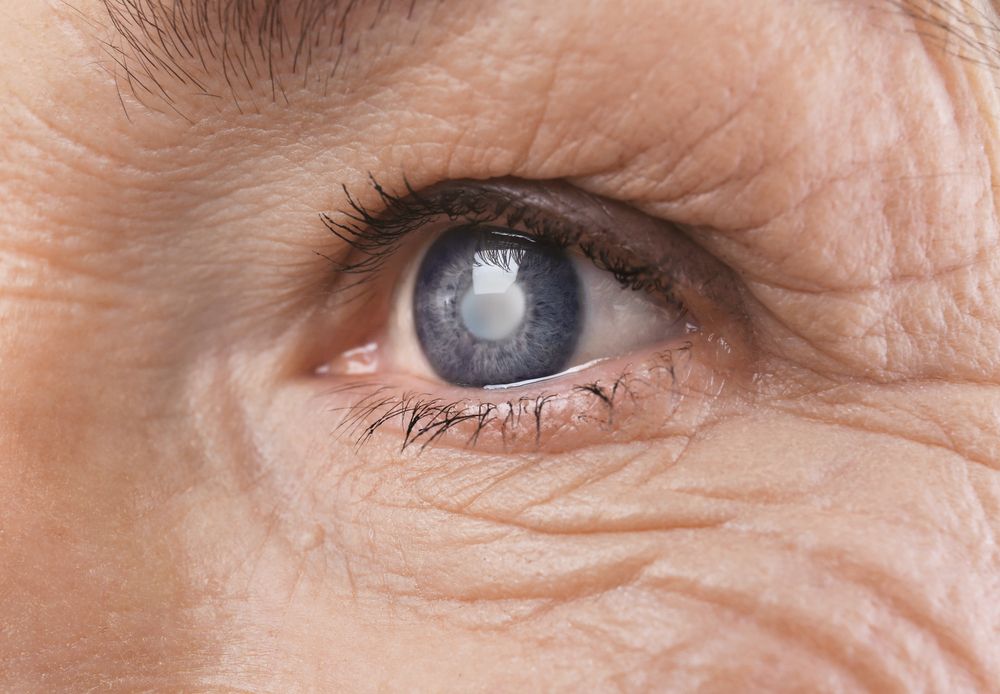 Cataracts are protein clusters that build up on the eye’s clear lens. Cataracts prevent light from being focused as it enters the eye. Cataracts are one of the leading causes of vision loss, especially among seniors.
Cataracts are protein clusters that build up on the eye’s clear lens. Cataracts prevent light from being focused as it enters the eye. Cataracts are one of the leading causes of vision loss, especially among seniors.
As cataracts worsen, surgery is the only effective treatment. When performing cataract surgery at his Harlingen, TX, eye clinic, Dr. Raul Peña breaks up and removes clouded lenses. The natural lens gets replaced with an intraocular lens (IOL) that improves vision. Cataract surgery is safe and effective, but people often have concerns before their procedure. Here, we suggest questions to ask before cataract surgery to prepare yourself for treatment and recovery.
Will I Get Laser Surgery or Traditional Surgery?
To remove a lens damaged by cataracts, surgeons make a small incision in the front of the eye and then a circular incision on the lens capsule. Surgical incisions can be made with a handheld blade (traditional surgery) or a laser (laser surgery). Patients should know the surgical technique used for their procedure. Laser surgery allows for greater precision and is especially beneficial when a cataract is dense or when preparing for the placement of a multifocal lens.
What Type of IOL Should I Get?
There are many types of IOLs available. Before surgery, patients should discuss their vision needs to determine which lens is right for them. IOLs generally fall under one of these categories:
- Monofocal - Monofocal IOLs improve vision at one set distance, near, far, or intermediate.
- Multifocal - Multifocal IOLs improve vision at all distances.
- Accommodative - Accommodative IOLs are the newest type of IOL. Accommodative IOLs work with the eye to adjust to conditions and enhance vision at all distances.
How Do I Prepare for Surgery?
Patients can promote cataract surgery success by ensuring they follow pre-surgical care instructions. Instructions typically include directions regarding medication use and fasting. Patients should review preparation instructions well before their procedure so they can ask questions that may come up.
How Long Is Surgical Recovery?
Patients should know what to expect from cataract surgery recovery. Most patients recover from cataract surgery quickly and with no significant discomfort. Vision usually improves within a few hours after surgery and continues to get better as recovery progresses. It often takes three to six weeks for the eyes to adjust to IOLs and for the vision to stabilize.
What Side Effects Should I Expect?
Side effects are an unavoidable aspect of any surgery. Side effects following cataract surgery tend to be mild for our Harlingen patients. The most common side effects include dry eyes, itchy eyes, irritation, and blurred vision. Most side effects resolve within a week of treatment.
Will I Need Glasses After Surgery?
Cataract surgery greatly enhances vision, but some patients still need glasses after their procedure. Whether or not a patient needs glasses depends primarily on their eyesight before surgery and the type of IOL placed. Having realistic expectations for surgical results is vital to treatment success.
Get In Touch
If you need cataract surgery, Dr. Raul Peña would be happy to answer any questions you have about what to expect before, during, and after treatment. To learn more, call Peña Eye Institute at (956) 264-1200 or schedule an appointment online.

